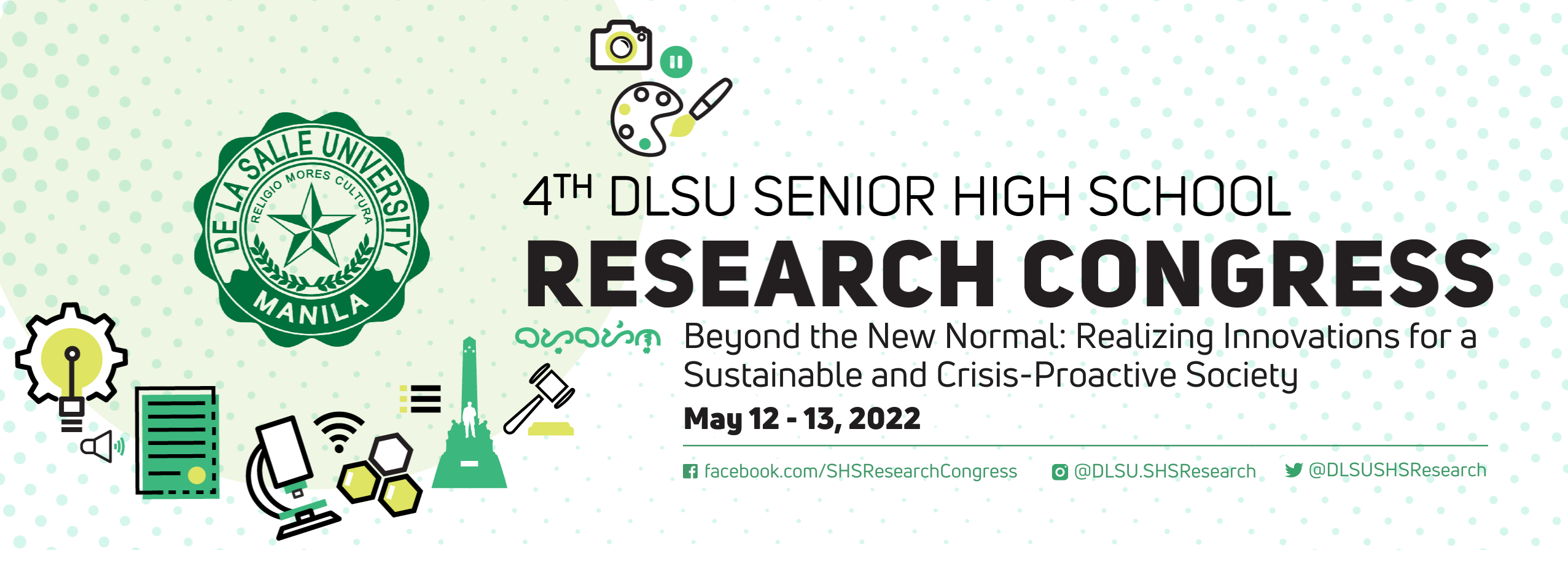Factors Influencing the Doctor of Medicine Career Choice Intention Among STEM Senior High School Students from a Private Educational Institution in Manila, Philippines
Document Types
Paper Presentation
Research Theme (for Paper Presentation and Poster Presentation submissions only)
Gender, Human Development, and the Individual (GHI)
Research Advisor (Last Name, First Name, Middle Initial)
Myla M. Arcinas
Start Date
13-5-2022 8:00 AM
End Date
13-5-2022 10:00 AM
Abstract/Executive Summary
The purpose of this study was to examine the relationship between career intention to pursue a Doctor of Medicine (MD) and attitudes, social influence (SI), and career self-efficacy (CSE) in STEM SHS students from a private educational institution in Manila, Philippines. The online survey drew a total of 103 purposively selected SHS students. The findings indicate that respondents have a strong desire to pursue a career in medicine, a favorable attitude toward MD careers, a moderate to a high SI, and a high CSE. Spearman Rho Correlation revealed that their attitude, career self-efficacy, and social influence were all statistically significant factors of their intention to pursue a career in medicine. A positive attitude, combined with a high level of career self-efficacy and supportive family, teachers, and peers, all contribute to a student's decision to pursue a career in medicine.
Keywords
medical doctor (MD), attitudes, social influence, career self-efficacy, career choice intention
Factors Influencing the Doctor of Medicine Career Choice Intention Among STEM Senior High School Students from a Private Educational Institution in Manila, Philippines
The purpose of this study was to examine the relationship between career intention to pursue a Doctor of Medicine (MD) and attitudes, social influence (SI), and career self-efficacy (CSE) in STEM SHS students from a private educational institution in Manila, Philippines. The online survey drew a total of 103 purposively selected SHS students. The findings indicate that respondents have a strong desire to pursue a career in medicine, a favorable attitude toward MD careers, a moderate to a high SI, and a high CSE. Spearman Rho Correlation revealed that their attitude, career self-efficacy, and social influence were all statistically significant factors of their intention to pursue a career in medicine. A positive attitude, combined with a high level of career self-efficacy and supportive family, teachers, and peers, all contribute to a student's decision to pursue a career in medicine.


